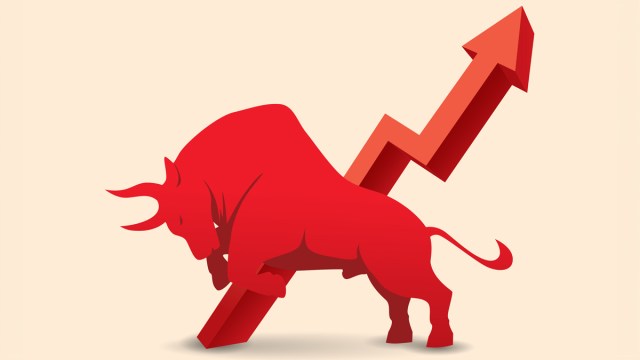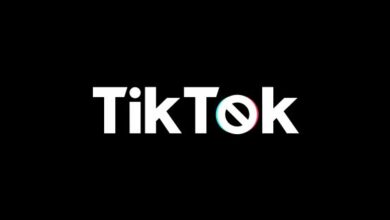Adtech M&A has exploded. What else awaits us in 2025?

The digital advertising industry had plenty of reasons to rejoice in 2024, as much of the uncertainty caused by the pandemic was in the rearview mirror. Tech giants saw a surge in ad revenue: While Google’s ad revenue jumped more than 10% year over year, Meta saw its sales increase by 19% over the same period while its profits increased by 35%. Snap ad share grew 15% year-over-year, driven primarily by the company’s investments in augmented reality and AI.
Unsurprisingly, an uptick in mergers and acquisitions followed. Advertising technologyMarketing, marketing technology and digital content companies have seen more such deals being made than they have since. H1 2022, with a 118% year-over-year increase and a 26% quarter-over-quarter jump in Q3 2024.
This increase reflects the return of growth rates in digital ad spending, which are now faster than before the pandemic. Adtech vendors are seeking acquisition targets that can position them to capitalize on the growing demand for innovative technologies that address inefficiencies, improve data transparency, and meet evolving privacy standards.
Many transactions are strategic, with acquirers seeking specific transactions rather than sellers executing general processes. Specifically, we are seeing an increase in demand for acquisitions bringing unique proprietary data sets, enabling ad tech providers to give their users access to new channels and reach new audiences or improve their capabilities thanks to AI. Adtech companies have also used mergers and acquisitions as a way to expand their capabilities in growing channels such as connected television, retail mediaand content syndication.
Several other trends will bring fundamental changes to the industry this year.
First-party data for navigating privacy regulations
Brands face inherent risks in maintaining the integrity of their engagement without clear visibility into where content is promoted or who manages the data. Companies that fail to provide transparency and comply with privacy regulations will struggle to compete, while technologies and vendors prioritizing data integrity and privacy will continue to dominate the market and shape the future of ethical and effective advertising practices.
As third-party cookies continue to disappear and global privacy regulations such as GDPR and CCPA evolve, organizations will rely more on the first-party data they collect directly from customers. Companies will prioritize investments in data collection systems such as loyalty programsmobile apps and interactive experiences to create robust customer profiles. This change will also encourage partnerships between brands and publishers to share anonymized data in privacy-friendly frameworks.
The focus on first-party data acquisition highlights the industry’s shift toward better data ownership and integration; investments in these channels can be expected to increase more quickly. However, data privacy and source transparency remain challenges, and efforts to address them will be among the top trends shaping 2025.
AI-enhanced advertising transparency and performance
Artificial intelligence has virtually unlimited potential in adtech: it revolutionizes content development, marketing performance and recommendation systems, as well as the fluidity of supply and demand in the market. AI helps identify opportunities in real time, optimize marketing investments and improve personalization, making campaigns more effective while reducing inefficiencies. In simple terms, advertisers can do more with less as AI continues to evolve.
AI will be indispensable to adtech, providing sophisticated analytics, bidding improvements and audience segmentation; The algorithms will help advertisers more accurately predict campaign results, automate ad creation processes, and improve ad spend transparency through blockchain-based reporting systems. AI-based personalization will also improve user experience by serving hyper-relevant ads without compromising privacy.
Better lead management through multi-touch and multi-publisher campaigns
Advertisers will adopt new strategies to leverage multiple touchpoints across various platforms, creating seamless user journeys. Multiplatform attribution and integrated reporting tools will gain stature, helping marketers optimize their campaigns more holistically. With the growth of connected TV, audio streaming platforms and social media, new types of stories can be created and resonate across various media.
High demand for tools that align insights with business objectives
Adtech platforms will be under pressure to create more cohesive dashboards that bridge the gap between data insights and actionable strategies. These tools will facilitate better communication and alignment between brands, agencies and publishers, ensuring that data-driven advertising campaigns are closely linked to business objectives. Collaborative planning environments and shared KPIs will be key to success in the coming year.
Mergers and acquisitions in digital marketing are a sign of a maturing industry with unlimited potential. As new technologies change the way consumers interact with the world, marketers must stay ahead of the curve.





